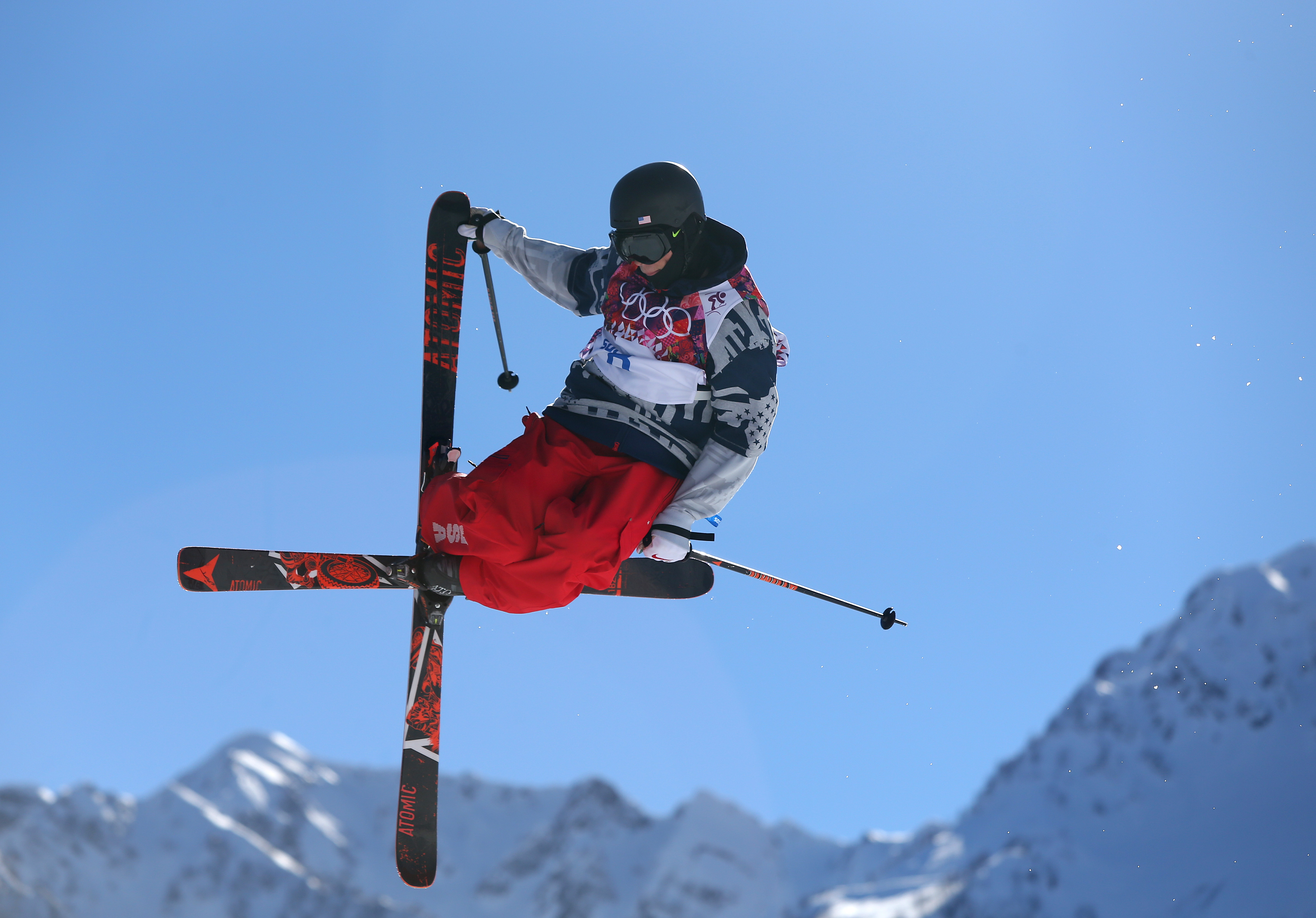
There are fewer than 100 days until the winter Olympics start in South Korea in February. Skier Gus Kenworthy, who's from Telluride and now lives in Denver, hopes to medal as he did in Sochi four years ago, but this time he'd like to actually enjoy it.
When Kenworthy took silver in the men's slopestyle he was in the closet, and he tells Colorado Matters now that the lies he told to protect that secret meant he couldn't enjoy his accomplishment.
Winning in these next games would be different. He came out in 2015 in an ESPN The Magazine cover story and is considered to be the first openly gay extreme sports star. In that story he described the agony of his post-Olympics victory parade in Telluride. He was convinced that if the people in the crowd knew who he really was they wouldn't love him. But he says now that he was wrong.
Kenworthy has Olympics qualifying events coming up for halfpipe Dec. 6-8 at Copper Mountain and for slopestyle Dec. 15 in Breckenridge.

Highlights From The Interview
On why he was afraid to come out of the closet:
"[Inside the sport] the language that people used; you hear a lot of people using the word 'gay' to associate with anything bad. Like, 'The course is gay,' 'The judging's gay.' And then, like, people calling each other 'fags.' So it was just a lot of language that was just really difficult for me to hear. And there was also just no representation. There wasn't anyone [in skiing] that had come out before me and I [could see], 'Oh, it went well for them.' "
On whether things have changed in the sport since he came out:
"I've seen a total shift in the way people talk ... I get that it's ingrained and people have become accustomed to saying this thing that they shouldn't say. And it's not so easy to break a habit. But I appreciate every time I see an effort, because it shows an awareness and a willingness to change."
On how his stature in the ski community changed after he came out:
"I think that anyone that watched my coming out story saw how successful it was, in that, like, I came out and I didn't lose sponsors, I didn't lose fans, I didn't lose friends. It was actually, like, a really amazing experience, and the following season was my best competitive season ever. So, I hope that that would encourage anyone that's facing the same thing to be like, 'I'm going to do this.'"
On how he feels about giving interviews about his sexuality, and being labeled "the gay skier":
"I think it gets monotonous, but also, I knew that's what was going to happen when I stepped into the role, and it's a role that I'm very proud to be stepping into. Whether or not I'll always be associated as 'the gay skier,' it's like, there are worse things that I could be associated as. I think that's actually a great thing; it's a title I'm proud to have."
On whether he plans to speak out about gay rights in South Korea, which has a mixed record on LGBT rights:
"I want to speak out about gay rights whenever I'm anywhere. It's something I believe in and I don't think anyone should be burdened by the place that they were born. And I think that there are so many places that are so oppressive, and I don't necessarily know what I can do to help, but I am so happy to speak about my situation and try to raise awareness and speak out against injustices."








